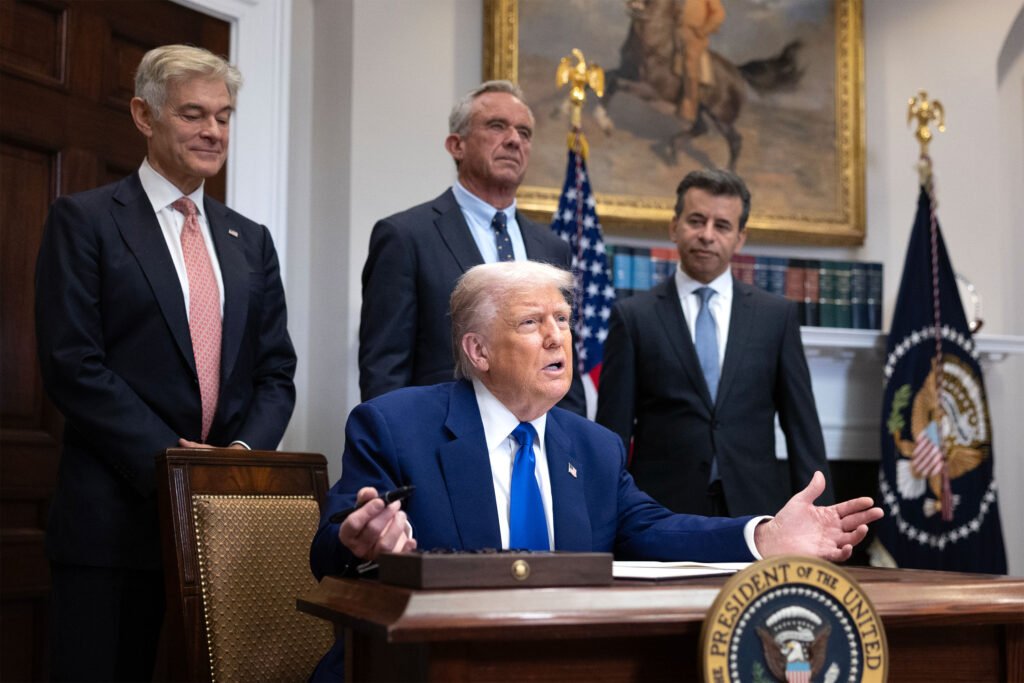Health care in the United States has been greatly impacted by the numerous cuts and policy changes implemented by President Donald Trump’s administration. While the effects may not be immediately visible like higher grocery prices, experts from various fields agree that the consequences will be significant.
One of the most affected areas is funding for research, particularly at the National Institutes of Health (NIH). The administration has cut $2.3 billion in new grant funding and terminated existing grants on topics such as vaccine hesitancy, HIV/AIDS, and COVID-19. This has led to the disruption of ongoing clinical studies on conditions like pediatric cancer, diabetes, and long COVID. The impact of these cuts on patients could be immense, as fewer discoveries could mean fewer new treatments and products in the future.
Universities have also felt the brunt of the cuts, with the administration attempting to slash funding for indirect costs associated with research grants. This could have a significant impact on research at state schools and poorer universities, where crucial discoveries often originate.
Public health has also been hit hard, with cuts to grants from the Centers for Disease Control and Prevention (CDC) and programs focused on diversity, equity, and inclusion in health care. These grants were being used to enhance lab capacity, train public health workers, and improve health care services for underserved communities. The loss of these grants could hinder efforts to respond to future pandemics and address chronic diseases like hypertension and diabetes.
The impact of tariffs on health care is another area of concern, as raw materials for prescription drugs and medical supplies are often imported. Any additional taxes on these imports could lead to higher costs for patients and potential shortages of essential supplies.
Changes to Medicaid are also on the horizon, with the administration considering work requirements for recipients. Critics argue that these requirements could lead to a reduction in coverage and higher rates of uncompensated care, particularly affecting vulnerable health care facilities like rural hospitals.
In conclusion, the cuts and policy changes implemented by the Trump administration have had far-reaching effects on health care in the United States. It is essential for policymakers to consider the long-term consequences of these decisions and work towards ensuring access to quality health care for all Americans.


